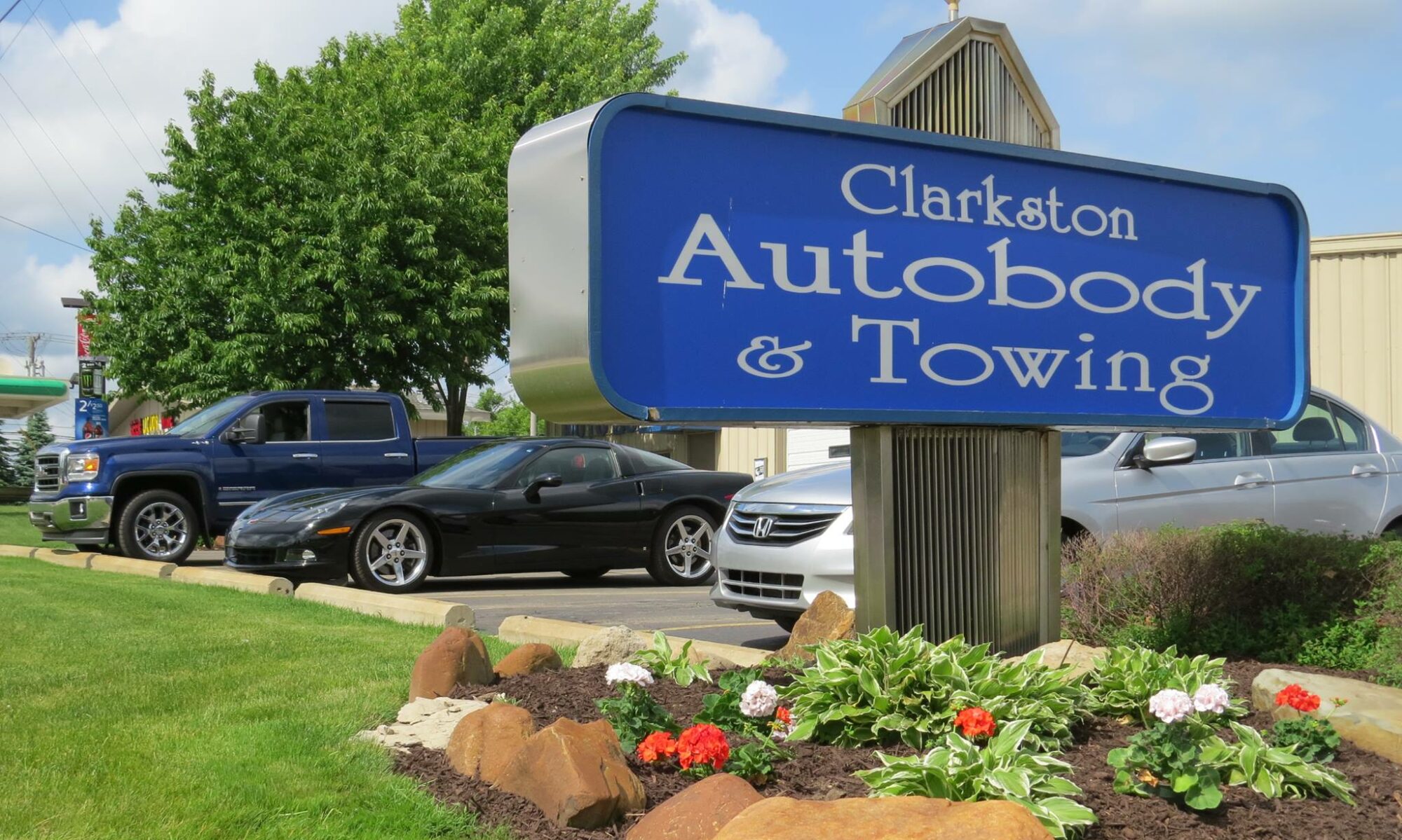- We know your car was likely your second largest investment. Preserve its value and safety by having our professional staff bring it back to it pre-accident condition.
- Never drive a vehicle that could be unsafe after an accident. If you feel something is not right, please have it inspected to be sure it is safe to drive.
- Some insurance companies may want you to visit their drive-in claims center before having you vehicle repaired. You can do this, or you may leave it with Clarkston Autobody and ask the insurance company to inspect it at one of our locations. Please call us before visiting their drive-in as we may be able to streamline the process for you.
- There is no law requiring multiple estimates
- Insurance companies cannot require you to have your vehicle repaired somewhere. You can have it repaired wherever you would like.
- Estimates may vary for a multitude of reasons. A lower estimate may not include all of the necessary work to provide a flawless repair or may not be taking any hidden damage into consideration. If you’re unsure of any estimate differences please ask one of the staff members and we’d be happy to explain them.
- Always request New OEM parts be used during your repairs. The vehicle manufacturer (OEM) designed your vehicle and makes the parts that fit and function the best.
- Make sure the repairer you choose is having only skilled professionals that are State Licensed and/or ASE Certified repairing your vehicle. Licensed repairs facilities will have their licenses posted in accordance to state law make sure to look.
- Lifetime warranties are often spoken of from insurance companies, remember insurance companies don’t repair vehicles; therefore a warranty from an insurer is only something on paper since they don’t repair vehicles. Clarkston Autobody warranties our work for as long as you own your vehicle and WE will be the ones repairing it.
- Leave the negotiating to the repair facility. Let us settle the claim with your insurance company; it typically leads to a better outcome.

Clarkston, MI Expert Collision Center